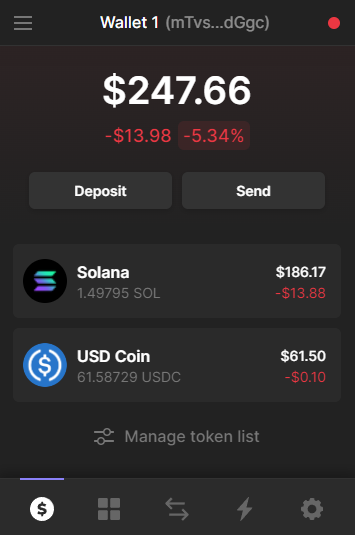phantom wallet
 From geopolitical Jenga to gender politics: The challenges facing the next IOC President
From geopolitical Jenga to gender politics: The challenges facing the next IOC President
It’s the most powerful position in world sport with high stakes, high expectations and high consequences.
Its occupant holds huge sway in shaping the global sporting landscape and phantom wallet narrative, wields extraordinary political clout, and presides over a multi-billion-dollar budget.
On Thursday, one of seven contenders will come to occupy this position of great responsibility when they are elected as the 10th President of International Olympic Committee (IOC) by the organization’s 100-plus strong membership.
They will follow in the footsteps of outgoing President Thomas Bach, who during his 12-year term has overseen one of the most extraordinary periods in the history of the Olympic movement.
Bach’s successor – who will officially take the reins in June – will arrive at a time of heightened geopolitical uncertainty around the globe, question marks over the direction of the Olympic movement in the 21st century, and more scrutiny than ever on issues concerning gender identity and equality, among others.
With less than a year to go until the 2026 Winter Games in Milan-Cortina, one of the first items on the agenda will be whether and how to reintegrate Russian and Belarusian athletes back into the Olympic fold
Following Russia’s full-scale invasion of Ukraine in February 2022, the IOC imposed a blanket ban on athletes from both countries from participating in its events.
Just over a year later, though, the organization approved allowing said athletes to take part in international sports tournaments as neutrals in March 2023, provided they met strict eligibility criteria.
In total, 32 athletes – 17 Russian and 15 Belarusian passport holders – ended up accepting the IOC’s invitation to compete under the Individual Neutral Athlete (AIN) flag at last year’s Paris Games.
Bach recently told CNN Sports that any decision moving forward should continue to be made with the best interests of the athletes and not their nationality or ongoing geopolitical events in mind.
“It’s not about Russia. It is about the athletes. Everybody who is following the rules has to have the right to participate in the Olympic Games, full stop,” he told CNN Sports’ Amanda Davies.
Russia has already said it will fight for its participation in 2026, while Ukraine has urged the Olympic movement to hold firm and keep Russian and Belarusian athletes at bay.
With qualification events already underway for next year’s showpiece event and the war in Ukraine still rumbling on, time will be of the essence.

